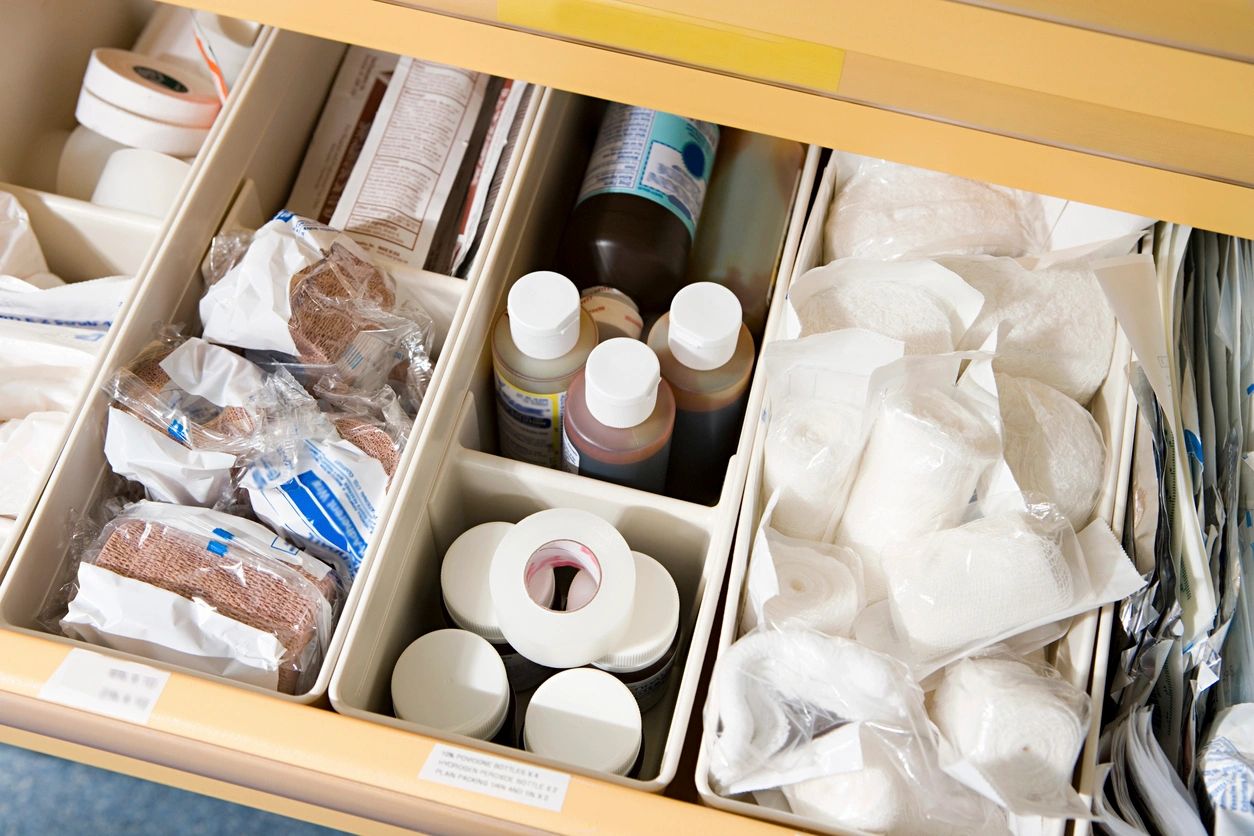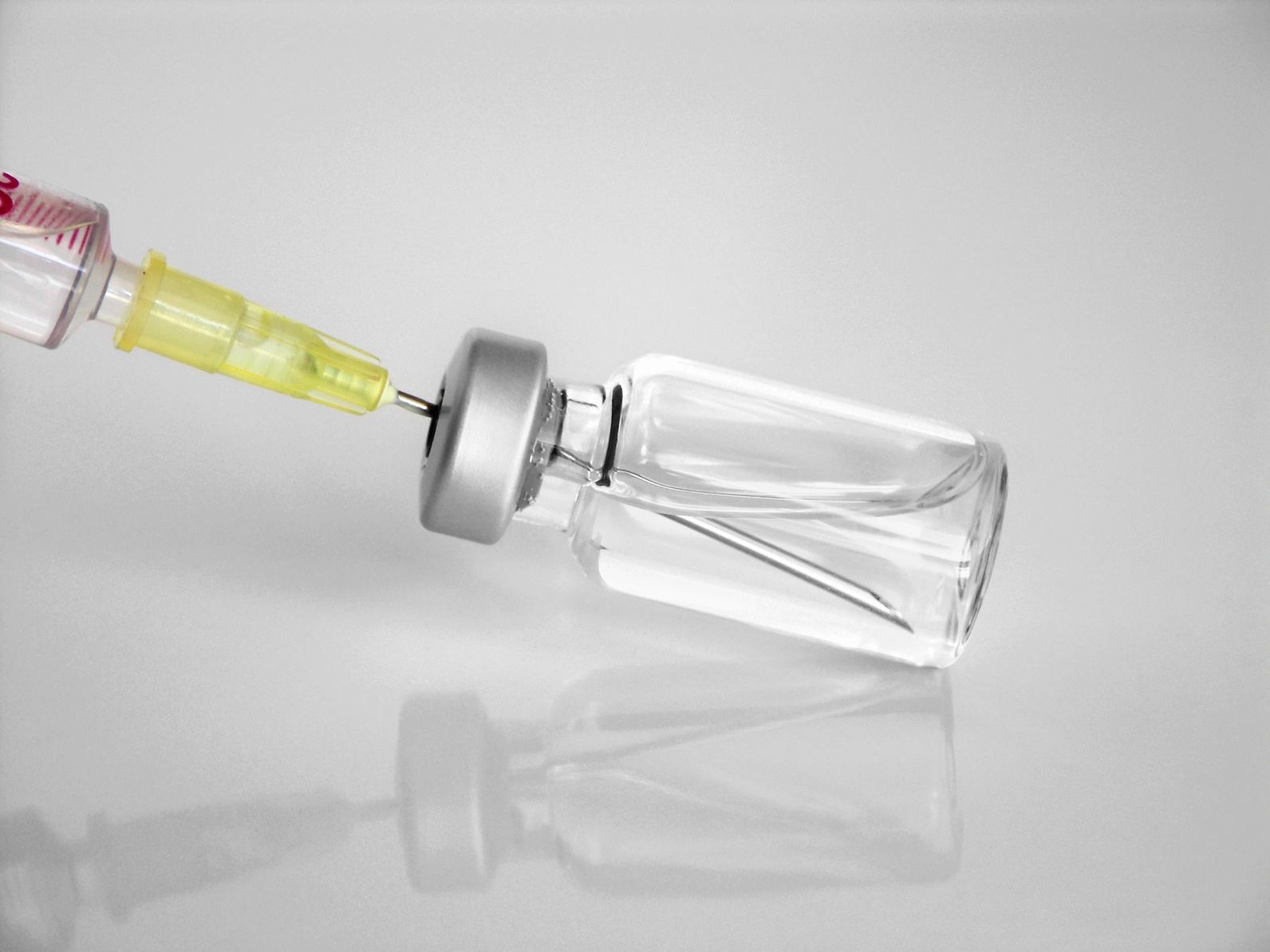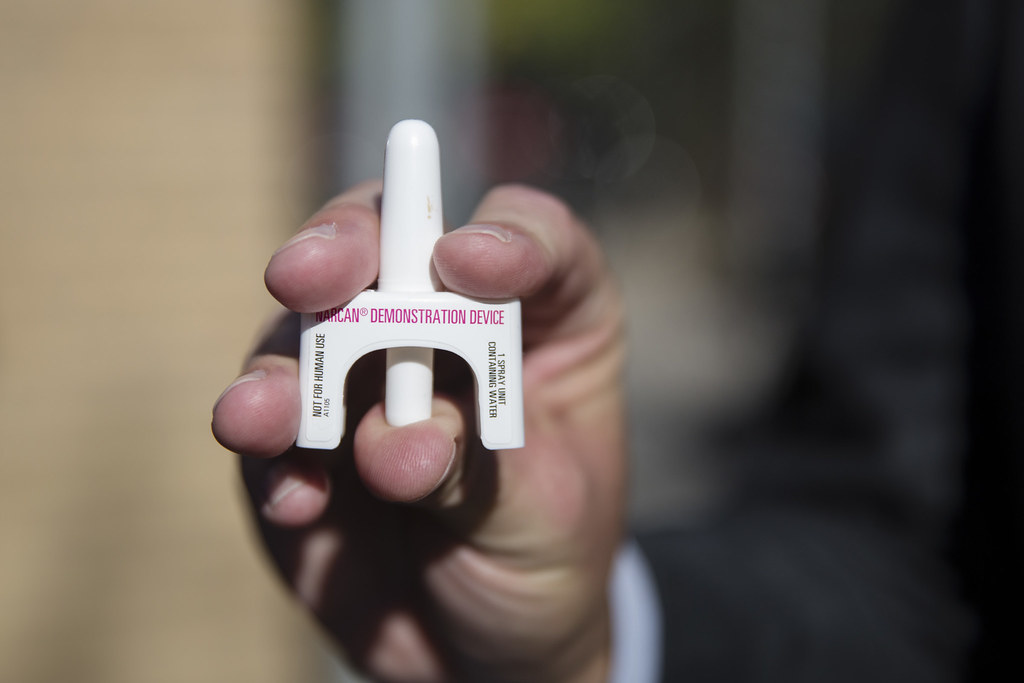-
1/16/26 Health Update: Measles Outbreak Declared in Snohomish County
Advisory or Update, Health Advisory, Measles, News and Update, Notifiable Conditions, Provider ResourcesAdditional measles cases confirmed in Snohomish County. See Snohomish County Health Department’s latest announcement here. All known public exposure locations are listed on the measles map tracker. Requested Actions for Healthcare Providers Immediately report suspected measles cases Remain alert for measles in patients presenting with: Consider proactive measures to protect patients and staff in your…
-
12/28/19 WCHD Influenza Report
Whatcom County 2019-20 Influenza Report Weeks 51-52: December 15-28, 2019 Summary During weeks 51-52 there were nineteen positive influenza A tests, and two hundred thirty-six positive influenza B tests, reported by Family Care Network, Quest Diagnostics at PeaceHealth, and Sea Mar combined. There were fourteen hospitalizations related to influenza-like illness during weeks 51-52. No deaths…
-
12/7/19 WCHD Influenza Report
Whatcom County 2019-20 Influenza Report Weeks 48-49: November 24-December 7, 2019 Summary During weeks 48-49 there were thirteen positive influenza A tests, and thirty-four positive influenza B tests reported by Quest Diagnostics at PeaceHealth, Family Care Network, and Sea Mar combined. There were less than ten hospitalizations related to influenza-like-illness during weeks 48-49. No…
-
Health Advisory: Evaluating and Reporting Suspected E-cigarette or Vaping Associated Lung Injury (EVALI)
Requested actions Ask all patients if they recently used e-cigarette or vaping products and which substances they used. Ask patients who report using e-cigarette or vaping products about respiratory, gastrointestinal and constitutional symptoms (e.g., cough, chest pain, shortness of breath, abdominal pain, nausea, vomiting, diarrhea and fever). Perform chest X-ray. Consider chest CT to evaluate…
-
2019-2020 Influenza Season Preparedness
Surveillance updates Seasonal influenza surveillance begins in October and ends in April. It is important to stay up to date on local influenza activity. Vaccine Both influenza A components of this season’s vaccine are different from last season. Both B components are unchanged. CDC recommends influenza vaccine for everyone over age 6 months for whom…
-
Vaping-associated Pulmonary Illness
CDC Urges Clinicians to Report Cases of Unexplained Vaping-associated Pulmonary Illness Multiple cases of severe pulmonary disease in patients who use vape products have occurred in Wisconsin and Illinois. Requested actions Ask patients who present with respiratory or pulmonary illness if they vape THC or e-juice. Determine what kind of THC or e-juice they’ve vaped,…
-
Statewide Standing Order for Naloxone
On Aug. 28, 2019, Washington State Health Officer Dr. Kathy Lofy signed a statewide standing order for naloxone, a medication that can reverse an opioid overdose. The standing order works like a prescription and allows any Washington person or organization to get naloxone from a pharmacy. We want to remind our local pharmacies and healthcare…
-
Outbreak of Hepatitis A in Washington
Washington state is experiencing a hepatitis A outbreak in multiple counties in people who are living homeless or who use drugs. Requested actions Give hepatitis A vaccine to unvaccinated patients living homeless or using drugs. Suspect hepatitis A in patients with acute onset of jaundice, vomiting, anorexia and elevated liver function test results—especially those living…
-
MMR Vaccine Exemption Law Change
In 2019, the Washington State Legislature passed a bill that removes the personal/philosophical exemption to the MMR vaccine requirement for schools and child cares. The new law removes the personal and philosophical option to exempt children from the MMR (measles, mumps, and rubella) vaccine required for school and child care entry. The law: Takes effect…
-
Expedited Partner Therapy
There are temporary changes to Expedited Partner Therapy (EPT) packs distribution. This is a result of the Washington State Department of Health undergoing an audit of its program. Please: Stop giving out EPT packs. Give the patient a prescription for their partner to fill at their pharmacy of choice. Advise that the partner will need…
-
Marijuana Prevention
We work to protect the health of youth. We work with community partners to prevent youth marijuana use. Marijuana use is illegal for people under the age of 21. Why is this work important? Marijuana use puts teens at higher risk for addiction. Youth who use marijuana are more likely to fail in school. Most…
-
Needlestick Injury or Other Blood Exposure Procedures – Training Document
Needlestick Injury or Other Blood Exposure Procedure Purpose: Prevent transmission of bloodborne pathogens. Definition of substantial exposure to potentially infectious body fluids: Any percutaneous, mucosal, or non-intact skin contact with the blood or other potentially infectious bodily fluids of another person. In some instances, the Health Department may consider gross exposure of intact skin to…
-
Sexually Transmitted Diseases (STD) Treatment Guidelines: Key Updates
Treatment of Uncomplicated Gonococcal Infections of the Cervix, Urethra, Pharynx, and Rectum Recommended treatment regimen is dual therapy with Ceftriaxone 250 mg IM in a single dose plus Azithromycin 1 gm p.o. in a single dose. Doxycycline is no longer recommended for use in conjunction with Ceftriaxone to treat gonorrhea. If Ceftriaxone is not available,…











